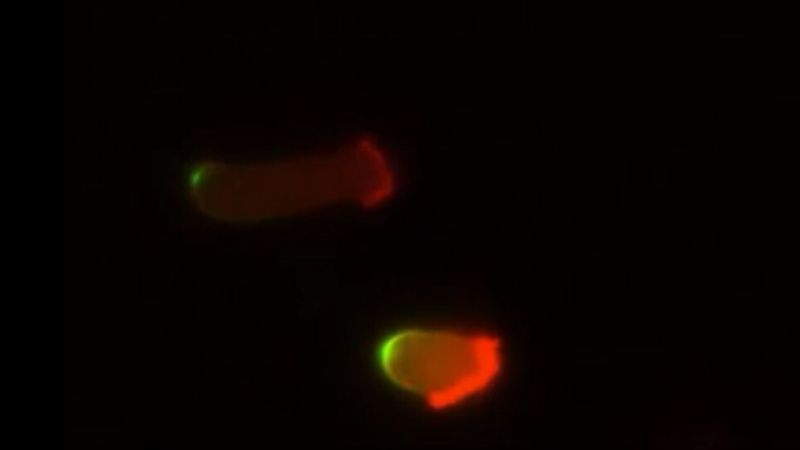 |
| Microscopic view of cells that stop moving – Credit: xiaoguang Li |
CANCER DIGEST – March 21, 2020 – A drug that 35 million Americans already take daily may be effective in halting cancer growth, a new study shows.
The findings by researchers at Johns Hopkins Medicine confirm findings of population studies that have shown that people taking statin drugs to lower their cholesterol may gain a protective effect against cancer.
“There have been epidemiological indications that people who take statins long-term have fewer and less aggressive cancers,” Peter Devreotes, Ph.D., professor of Cell Biology at Johns Hopkins School of Medicine said in a press release. "and that statins can kill cancer cells in the laboratory, but our research was not initially designed to investigate possible biological causes of these observations.
The new study in the Feb. 12 Proceedings of the National Academy of Sciences started out as screening research of 2,500 already approved drugs might be most effective in killing engineered cancer cells. The cells lacked a cancer gene called PTEN, which deprived the cells of an enzyme that suppresses tumor growth. Without PTEN the cells grew uncontrolled as cancer cells do.
Of the 2500 drugs tested, statins and in particular pitavastatin (Livalo®) had the highest kill rate, killing nearly all of the engineered cells but very few of the normal cells.
When the researchers looked how the drug was working in the cancer cells they found that that it blocks production of small molecule called GGPP, which is responsible for connecting cell proteins to the cell’s membrane. When they added GGPP to the PTEN cell treated with the statin, the cancer cells survived.
When they looked closer at the statin-treated PTEN cells they noticed that the cells stopped moving, unlike normal cancer cells that move non-stop as they consume nutrients to fuel growth. When they analyzed what was happening, the researchers found that the statin-treated cells were starving to death.
The next steps for the researchers analyze the effects of statins and other compounds in people with cancer.


No comments:
Post a Comment